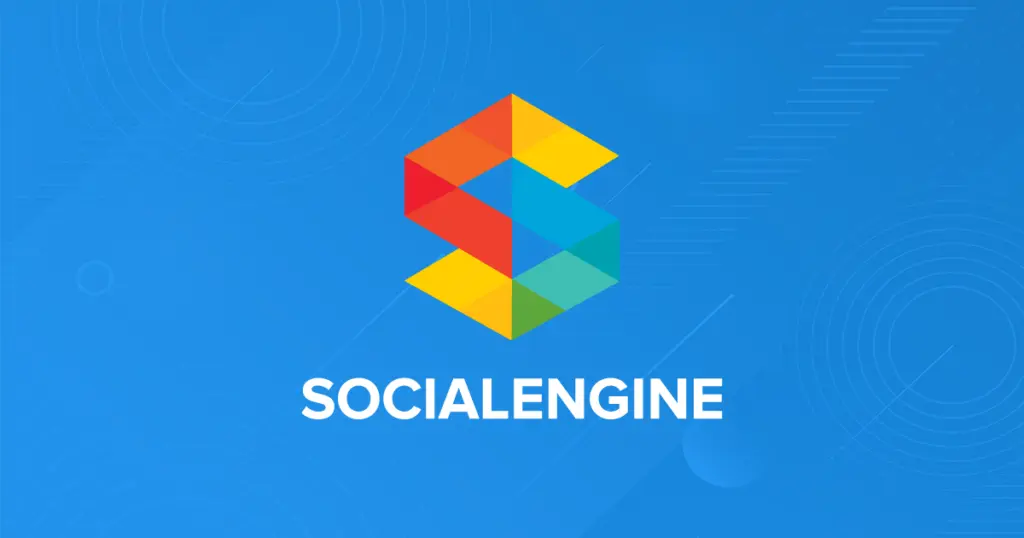
In 2016, almost all of us have become adept at picking a few small words from a web page to make an educated guess about whether or not the site has the information we are looking for, and we do it almost without thinking. This means it is critical that the content we post is more than just informative.
Today, content must present itself in a way that is not overpowered by all the pop-ups and banners offering “One Wierd Trick” to do something that we hadn’t been thinking about doing at all, at least not until we saw the advertisement for “The secret they don’t want you to know!” The problem begins when you realize that without those ads web pages become fields of text and white space that users are just as likely to click through and ignore as they are to stop and read.
Fortunately, there are ways to prevent click-bait like that from hijacking friends or clients who share similar interests, use similar products, or work in similar industries. One of these solutions has taken the form of interest-based combat they also unities. These communities host forums and blogs with minimal off-topic distractions. Indeed, they have evolved into fully formed social-media outlets in their own right.
By keeping the discussion focused and providing spaces dedicated to a specific target or audience, these communities not only provide a sense of belonging that encourages brand loyalty, they offer real-time data on market demand and enthusiasm, or the lack, for the future of the product or topic. They also allow providers and retailers to market products and services directly to their client base, saving time and money, without distracting the consumer with ads that are not relevant to them.
A remarkable example of how this is taking shape is the emergent technologies driving custom social engines. One such offering comes from a company called SocialEngine. They are early adopters of these new possibilities and offer an array of products to build and support these communities.
Whether maintaining relationships with consumers after initial purchase, as in post-crowd-funding forums or serving a discussion about what the future holds, these new digital societies are the key to the future of development in a world that has become open for discussion and debate on a global scale.



